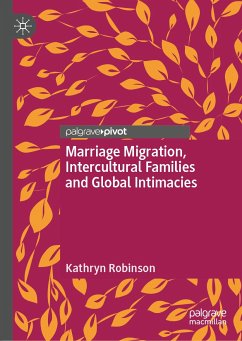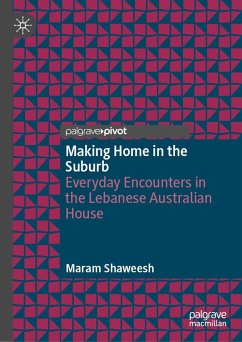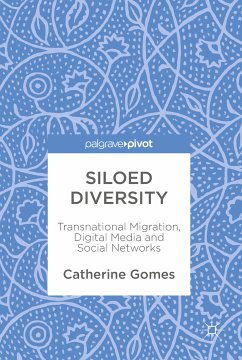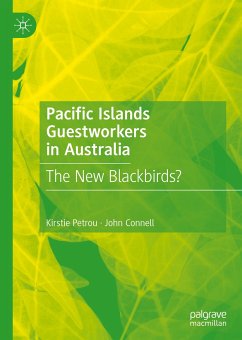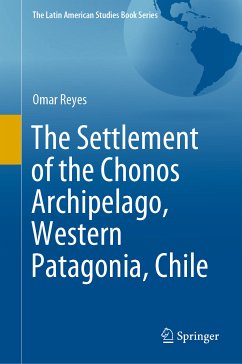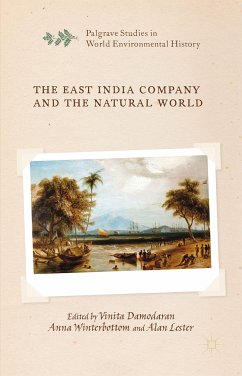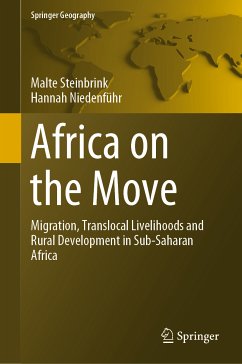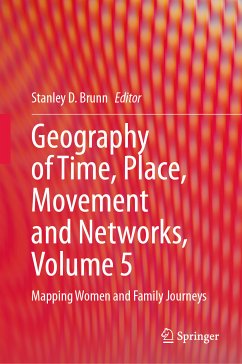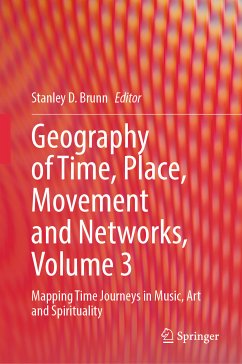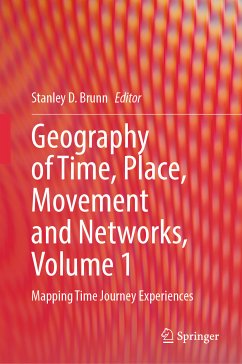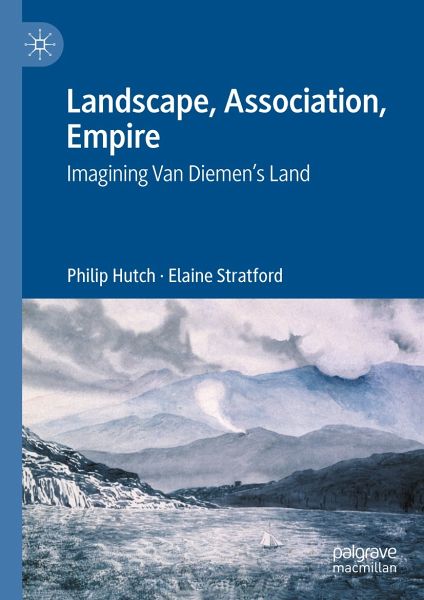
Landscape, Association, Empire (eBook, PDF)
Imagining Van Diemen's Land
Versandkostenfrei!
Sofort per Download lieferbar
112,95 €
inkl. MwSt.
Weitere Ausgaben:

PAYBACK Punkte
56 °P sammeln!
This book tells a compelling story about invasion, settler colonialism, and an emergent sense of identity in place, as seen through topographical and landscape images by seven fascinating artists. Their ways of imagining the Vandemonian landscape are part of a much larger story about how aesthetic forces shaped empire and colony, place and migration, and people's lives. They remain intriguing through-lines of global significance and local meaning.
Dieser Download kann aus rechtlichen Gründen nur mit Rechnungsadresse in A, B, BG, CY, CZ, D, DK, EW, E, FIN, F, GR, HR, H, IRL, I, LT, L, LR, M, NL, PL, P, R, S, SLO, SK ausgeliefert werden.



